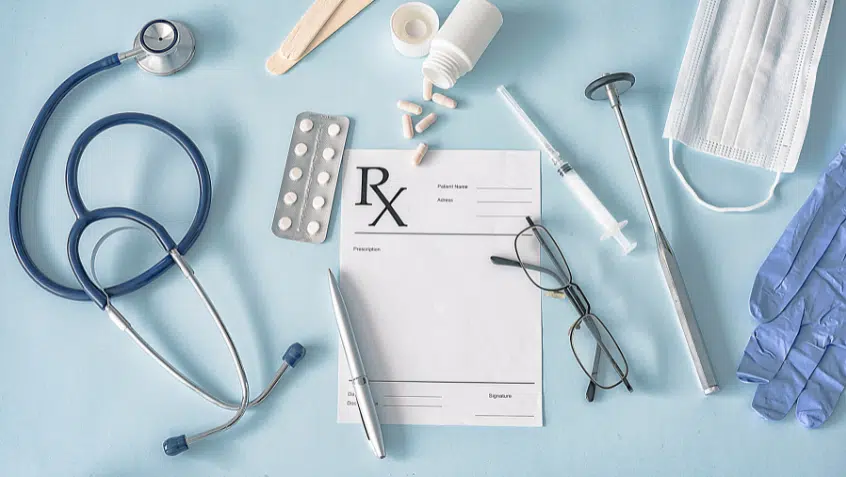Join Us Live for a Discussion on Medicare, Democracy, and the Future of Health Care
“Build Back Better” Bill Would Help Millions of People with Medicare Afford Medications

The Kaiser Family Foundation (KFF) recently released an issue brief detailing the prescription drug proposals in Build Back Better (BBB), the bill that passed the House of Representatives last month and is now being considered in the Senate. The BBB would be a significant improvement in drug affordability and plan design and would reduce program spending by nearly $300 billion over 10 years. While the bill does not go far enough to protect the financial stability and access to care of people with Medicare, it is a significant step in the right direction.
Some key provisions of the BBB have been longstanding policy goals for Medicare Rights, including allowing Medicare to negotiate drugs prices, capping out-of-pocket spending in Part D prescription drug plans, and limiting cost-sharing for insulin. KFF delves into these issues one by one, exploring how they are likely to affect Medicare beneficiaries, program spending, and development of new medications. But the exact number of people affected and the savings may not yet be known.
For example, the majority of people with Medicare are enrolled in a Part D plan and the drug price negotiations would likely lower both their Part D premiums and out-of-pocket expenses. But the magnitude of those changes depends on how effective the negotiations are at lowering costs. The Congressional Budget Office (CBO), the nonpartisan body that estimates how much a bill provision will save, estimates that the BBB’s approach to drug negotiation will save the federal government $78.8 billion over 10 years, but they do not estimate how much beneficiaries will save.
The $2,000 annual out-of-pocket cap in Part D is more easily quantifiable. KFF estimates that at least 1.2 million Part D enrollees would have benefited if such a cap had been in place in 2019. This number is likely to be higher in subsequent years, in part due to enrollment and price growth. And the savings would be substantial. Using the 2019 numbers, beneficiaries who hit the cap would have saved $1,216 on average. The savings would also accrue to the Medicare program; the CBO estimates that adding the cap would reduce federal spending by $1.5 billion over 10 years.
The limit on cost-sharing for insulin would also have a substantial impact. The BBB provision would cap insulin costs at $35 per month for the over 3 million Medicare beneficiaries who are insulin dependent as well as for millions more who are covered by private insurance. This could mean savings of hundreds of dollars per year for each individual.
As these details show, the full effects of some BBB provisions cannot be known yet. But it is clear that its drug pricing provisions would help a significant number of people with Medicare better afford their medications.
At Medicare Rights, we applaud the advancement of the BBB as an important down payment on the needs of beneficiaries. We will continue to advocate for improvements to the bill that would further shore up the financial stability of people with Medicare, including by increasing access to programs that support individuals with lower incomes and by expanding Part B to benefits like dental and vision.
Read the Medicare Rights Center’s response to the House passage of BBB.
Show Comments
We welcome thoughtful, respectful discussion on our website. To maintain a safe and constructive environment, comments that include profanity or violent, threatening language will be hidden. We may ban commentors who repeatedly cross these guidelines.
Help Us Protect & Strengthen Medicare
Donate today and make a lasting impact
More than 67 million people rely on Medicare—but many still face barriers to the care they need. With your support, we provide free, unbiased help to people navigating Medicare and work across the country with federal and state advocates to protect Medicare’s future and address the needs of those it serves.
The Latest
Most Read
Add Medicare to Your Inbox
Sign up to receive Medicare news, policy developments, and other useful updates from the Medicare Rights.
View this profile on InstagramMedicare Rights Center (@medicarerights) • Instagram photos and videos









